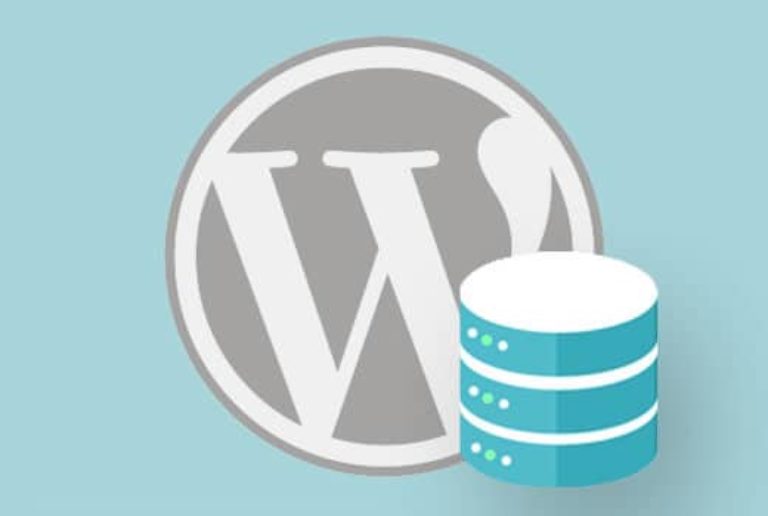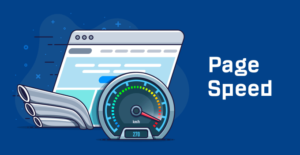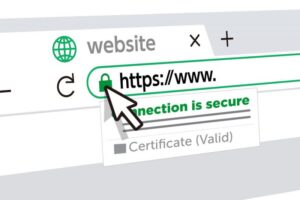Behind every WordPress website, whether it’s a professional site, an e-commerce platform, or one in need of maintenance, lies a powerful database. This database is the heart of your site, storing all the content, settings, and user data. Over time, it can become cluttered, affecting your site’s performance. In this guide, we’ll explore the importance of optimizing your WordPress database and how it can lead to a faster and more efficient website. If you need expert guidance on database optimization or any web-related service, please contact me at email: afhamzahid5@gmail.com or Phone: +92 315-3212271.
Table of Contents
The Role of the WordPress Database
The WordPress database stores everything about your site, from posts and pages to comments, settings, and user information. As your site grows, so does your database, and if left unattended, it can impact your site’s speed and efficiency.
Why Database Optimization Matters
- Faster Load Times: A well-optimized database loads faster. This directly impacts your site’s speed, making it more user-friendly.
- Improved SEO: Search engines consider page speed when ranking websites. A faster site can positively impact your SEO efforts.
- Enhanced User Experience: A responsive and quick-loading site keeps visitors engaged and encourages them to explore further.
- Reduced Server Load: An optimized database places less strain on your server, which can lead to cost savings and better server performance.
How to Optimize Your WordPress Database
- Regular Backups: Before making any changes, back up your database to ensure you can restore it if anything goes wrong.
- Remove Unnecessary Data: Delete spam comments, post revisions, and unused themes and plugins. You can use plugins like WP-Optimize or WP-Sweep for this purpose.
- Optimize Tables: Optimize your database tables to reduce overhead and improve performance. Many optimization plugins can help with this.
- Minimize External Requests: Reduce external requests and dependencies, as they can slow down your site. Limit the use of external services that load data into your database.
- Clean Up Metadata: Review and remove unnecessary metadata from your database. This includes post metadata, user metadata, and comment metadata.
- Cache Queries: Implement a caching system to store frequently accessed data. Caching reduces the need for repeated database queries.
- Database Repair: Periodically check and repair your database for any potential issues. WordPress has built-in repair functions, and plugins can also help.
- Use a Content Delivery Network (CDN): A CDN can distribute your site’s content across multiple servers, reducing the load on your database and improving speed.
Conclusion
Optimizing your WordPress database is a crucial step in ensuring the performance and efficiency of your website, whether it’s a professional site, an e-commerce platform, or one in need of maintenance. By keeping your database clean and well-tuned, you’re providing a faster and more enjoyable experience for your users.
If you have questions about database optimization in WordPress or need expert guidance on web-related services, please contact me at email: afhamzahid5@gmail.com or Phone: +92 315-3212271. I’m here to assist you in optimizing your WordPress database for better performance.




